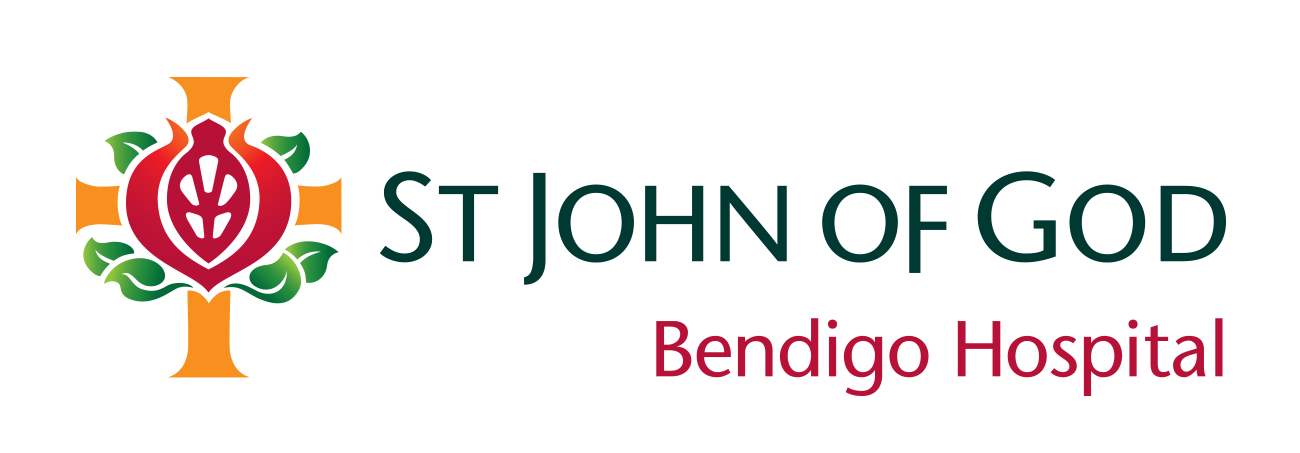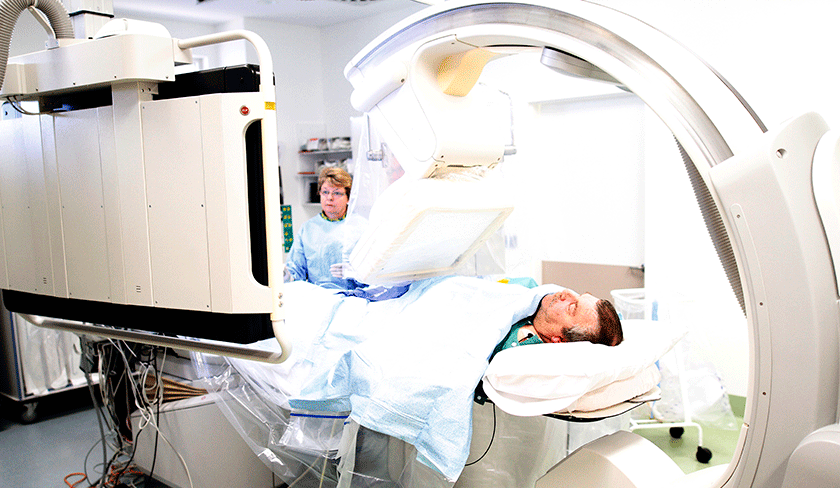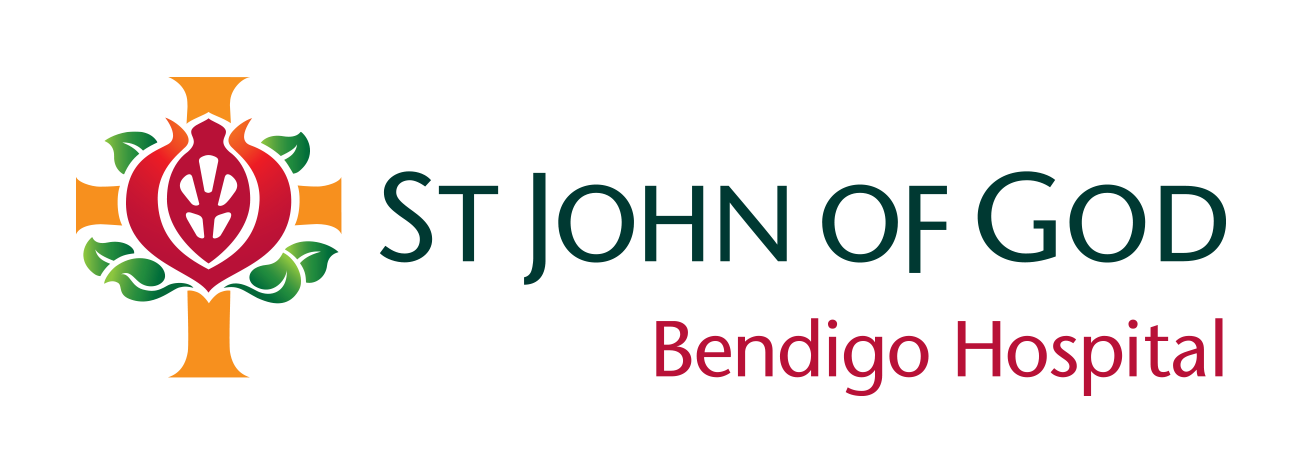- Our services
- Medical and surgical
- Cardiac services
 Our services
Our services
- Medical and surgical
-
- Allied health
- Cardiac rehabilitation
- Oncology rehabilitation
- Chronic disease management
- Exercise physiology
- Hydrotherapy
- Inpatient rehabilitation
- Occupational therapy
- Orthopaedic rehabilitation
- Outpatient rehabilitation
- Parkinson's disease
- Physiotherapy
- Pulmonary rehabilitation
- Reconditioning rehabilitation
- Social work
- Speech pathology
- Stroke rehabilitation
- Community and youth
- Healthcare at Home
- Self-funded care
Cardiac services
Our cardiac services diagnose and treat heart-related conditions, such as heart attack, coronary artery disease, heart arrhythmia, valvular heart disease and heart infections.

It is important to remember that heart conditions may be treatable, and by speaking to your general practitioner (GP) and seeking specialist advice you can help improve and maintain your health.
We provide clear information to you and your family about your cardiac condition and treatment. Our caregivers will support you and answer any questions you may have.
Cardiac services
We provide a complete range of cardiac medicine including interventional cardiology, cardiothoracic surgery, coronary care and cardiac rehabilitation.
We have the latest cardiac equipment on-site.
Our anaesthetists, doctors, pathologists, radiologists, physiotherapists and nurses work quickly to provide a diagnosis and treatment as soon as possible.
Your hospital stay
Heart conditions can sometimes be both sudden and serious. During your hospital stay, our caregivers provide intensive support, while you and your family may also wish to seek pastoral care as you address the emotional effects of your condition.
Your recovery
To help you recover and reduce the risk of future illnesses, we work with you to create an action plan to follow in hospital, at home and into the future.
Benefits of cardiac services
The benefits of accessing our cardiac services include:
- helping treat and overcome heart-related conditions
- potential for a better quality of life through improved physical and mental health and ability to go about your day-to-day activities
- education to help you make better decisions about your own behaviour such as diet or smoking to reduce the risk of future heart problems.
These benefits depend on your particular circumstances and require you to fully participate in necessary before and after care and management. You should consult a specialist in this area before deciding whether treatment is suitable for you.
Cardiac rehabilitation
Accessing cardiac rehabilitation after a heart attack, cardiac surgery or cardiac disease is an important part of your recovery.
Cardiac Assessment Unit
A Cardiac Assessment Unit (CAU) provides fast, quality care for people experiencing chest pain or a heart-related condition.
It helps ensure quick access to a cardiologist, appropriate diagnostic equipment, highly trained nursing staff and, as necessary, our Intensive Care Unit.
Referral to the service can be through a GP, a hospital or a mobile intensive care ambulance (MICA) paramedic. St John of God Hospital Bendigo has established a CAU to enable privately-insured patients’ direct access to our state of the art cardiac services.
Patients must be referred. The referring practitioner or paramedic will need to ring 1800 850 133 and answer some questions. The admission process is streamlined to allow for care to begin immediately upon arrival.
People with:
- Chest pain, including differential diagnosis
- Arrhythmias – non-lethal
- Cardiac failure
- Syncope
Timely admission to our facility. Immediate cardiology review, which means the best care is available straight away. Diagnostic and interventional cardiology (such as coronary angioplasty) can be offered for appropriate cases. Prompt assessment, investigation and treatment of chest pain has been shown to improve health outcomes.
Following their referral to the CAU at St John of God Hospital Bendigo, the patient will be under the care of their current specialist or the admitting cardiologist of the day.
When a patient arrives, either by ambulance or other vehicle, they are met by the Critical Care Nurse and soon after by the duty doctor for an immediate assessment. The doctor consults with the cardiologist on duty and a care plan is arranged.
The St John of God Hospital Cardiac Assessment Unit is fully equipped with trained staff and state of the art monitoring and resuscitation equipment.
It is an adjunct to our Critical Care Unit and meets all Health Department requirements.
Most health funds will cover the costs incurred, in which case there will be no upfront fee.
A hospital excess may be payable depending on your health fund.
This service has appropriate policies and procedures to ensure patient care quality and safety, including meeting all triage requirements for cardiac patients.
A single telephone call to us puts you in touch with our on-call cardiologist. A standard list of questions will be asked of the referring party to ensure that the patient is appropriate for our service. There will be immediate critical care assessment by appropriately trained staff and access to cardiac investigations such as echocardiography and angiography.
An essential part of this service is providing feedback to the referring party.
For all patients attending the CAU, a standard format report/letter will be sent to the patient’s GP following their visit.
NOTE: In case of emergency always dial 000
Monday to Friday 9.00am to 5.00pm
For enquiries or admissions to the Cardiac Assessment Unit at St John of God Hospital Bendigo, please:
Call: 1800 850 133
Email: [email protected]
Patients MUST be referred by GP, a hospital or a mobile intensive care ambulance (MICA) paramedic. Please note: Private health insurance is required, or patient can be self-insured.
Please provide the following information to the ICU Liaison Nurse - Critical Care Unit by phoning 1800 850 133.
- Name
- Date of birth
- Patient presentation
- Previous Cardiologist
- Relevant medical history
- ECG complete and forwarded to 0460 313 732
- Name and number of health fund
Download and view the CAU Referral Checklist PDF.
Australasian Triage Scale
Category 1 – Immediate Life Threatening
Refer to Emergency Department/Ambulance
Category 2 – Imminently Life Threatening
Important time-critical treatment or very severe pain
Refer to Emergency Department/Ambulance
Category 3 – Assessment and Treatment within 30 minutes
Potentially life-threatening
Situational Urgency: St John of God Bendigo Hospital CAU 5434 3447
Category 4 – Assessment and Treatment within 60 minutes
Potentially serious, Situation Urgency, Significant Complexity Severity: St John of God Bendigo Hospital CAU 5434 3447
Category 5 – Assessment and Treatment within 120 minutes
Less Urgent: St John of God Bendigo Hospital CAU 5434 3447
Click image to enlarge.
Download and view the CAU GP Pathway PDF.
Electrophysiology services
At St John of God Bendigo, we are proud to offer state-of-the-art electrophysiology services designed to diagnose and treat a wide range of heart rhythm disorders (arrhythmias).
Our dedicated team of specialists use the latest advancements in medical technology to provide you with the highest standard of care.
An arrhythmia is an irregular heartbeat caused by abnormal electrical signals in the heart. These irregularities can make the heart beat too fast (tachycardia), too slow (bradycardia), or in an erratic pattern. Some arrhythmias are harmless, while others can be life-threatening.
Common types of arrhythmias
- Atrial fibrillation (AFib): Rapid, uncoordinated heartbeats that can increase the risk of stroke.
- Atrial flutter: Similar to AFib but with more organized heartbeats.
- Supraventricular tachycardia (SVT): Fast heartbeats originating above the ventricles.
- Ventricular fibrillation: Chaotic electrical signals causing the ventricles to quiver, which can be fatal if not treated immediately.
- Ventricular tachycardia: Rapid heartbeats originating in the ventricles, potentially serious in those with heart disease.
An electrophysiology (EP) study is a test that examines the heart's electrical activity to diagnose and treat arrhythmias. You might need an EP study if you have:
- Palpitations: To diagnose the cause and determine the best treatment.
- Irregular heart rhythms: To pinpoint the cause and determine the best treatment.
- Fainting episodes: To identify if an arrhythmia is causing sudden loss of consciousness.
- Risk of sudden cardiac death: To assess the risk and plan preventive measures.
EP studies are performed by electrophysiologists using catheters and specialized electrodes to create detailed maps of the heart's electrical activity.
This helps in deciding the most effective treatment, whether it's medication, catheter ablation, or implanting devices like pacemakers or defibrillators.
Cardiac ablation is a minimally invasive procedure used to treat abnormal heart rhythms, known as arrhythmias. The goal of the procedure is to create small scars in the heart tissue to eliminate the short-circuits that cause the arrhythmia.
During cardiac ablation, a cardiologist inserts thin, flexible tubes called catheters through blood vessels to reach the heart. These catheters deliver energy in the form of heat (radiofrequency ablation) to specific areas of the heart. The energy creates tiny scars that disrupt the abnormal electrical pathways, restoring a normal heart rhythm.
- Enhanced accuracy: Provides precise localization of arrhythmias, enabling targeted treatment.
- Improved safety: Minimizes the risk of complications by offering a clearer view of the heart's electrical pathways.
- Personalized treatment: Allows for customized treatment plans based on detailed mapping data.
- Faster recovery: Reduces procedure times and promotes quicker recovery for patients.
- Electrocardiograms (ECG)
- Holter monitoring
- Event monitoring
- Electrophysiology studies (EPS)
- Catheter ablation
- Pacemaker and defibrillator implantation
- Cardiac resynchronization therapy (CRT)
At St John of God Bendigo, your heart health is our top priority. Our team is committed to providing compassionate, patient-centered care, utilising the latest technology to ensure the best possible outcomes. Trust us to help you achieve a healthier heart and a better quality of life.
For more information or to schedule an appointment, please contact us.
You may be interested in...

